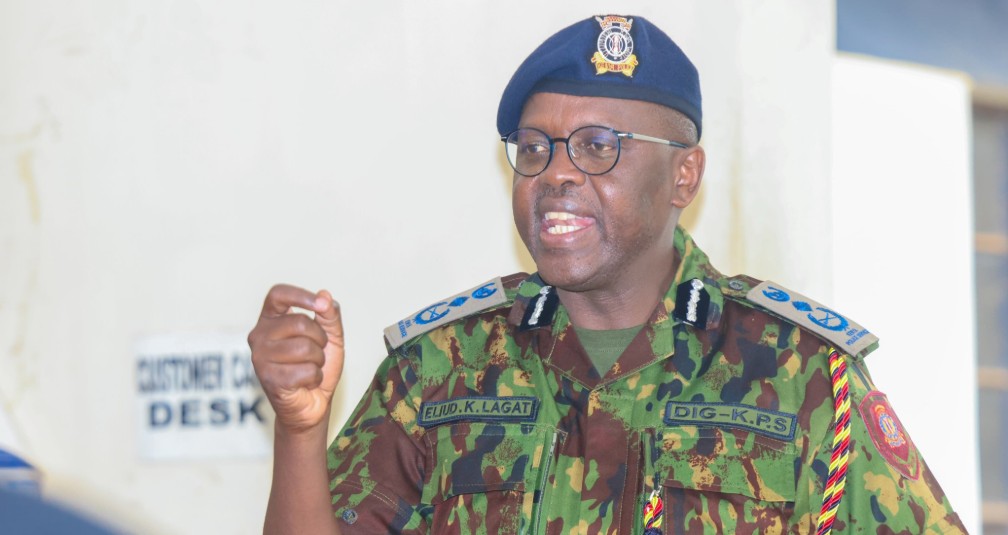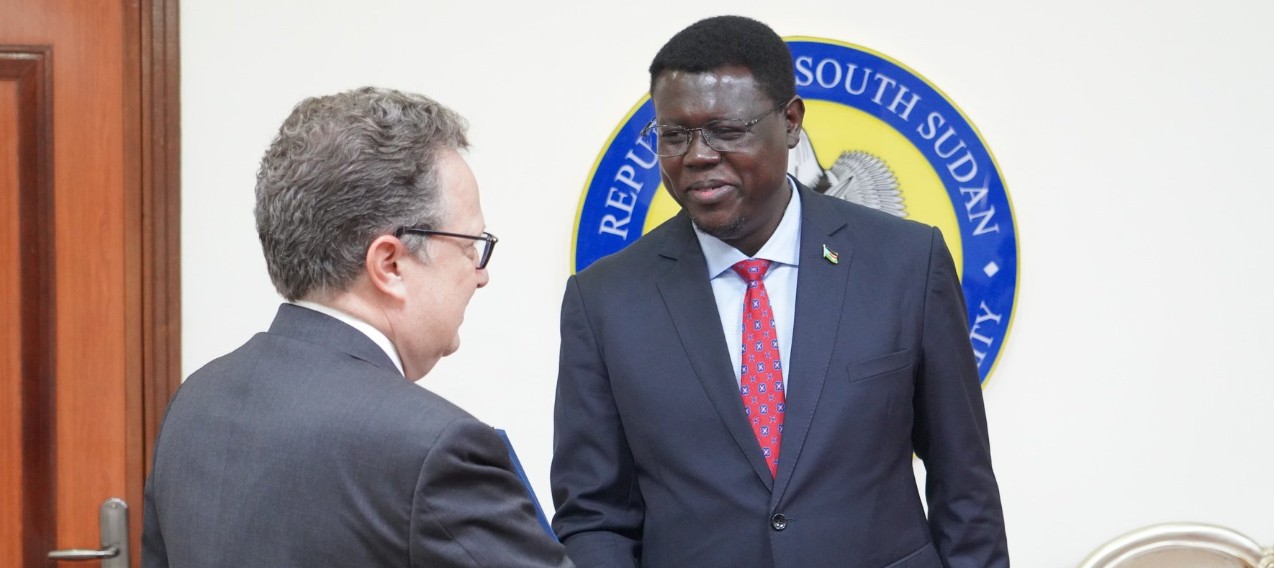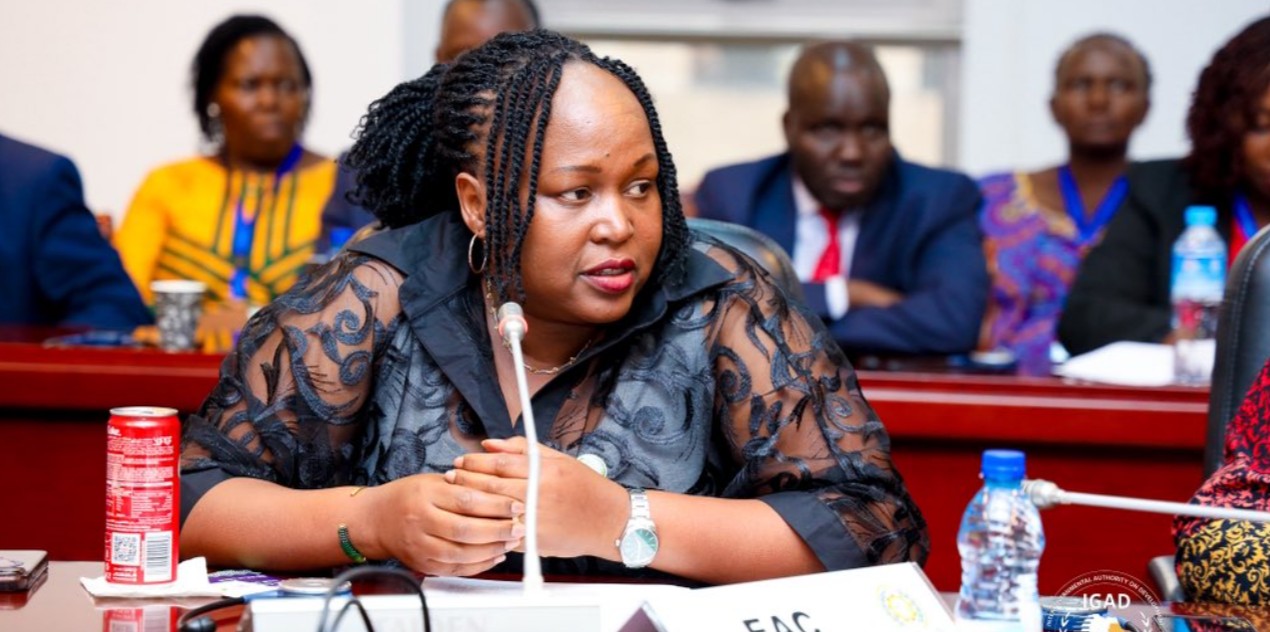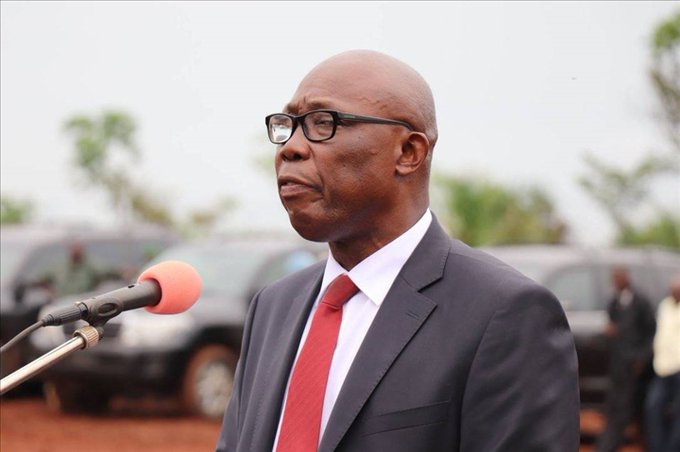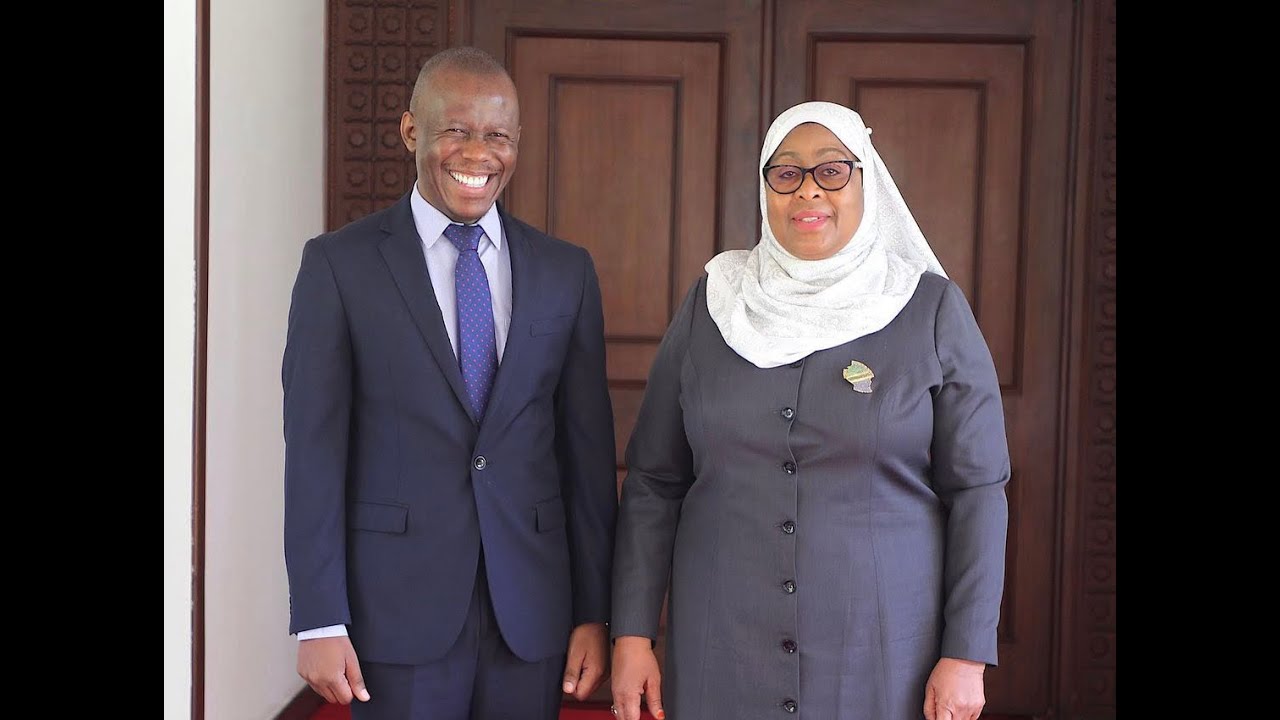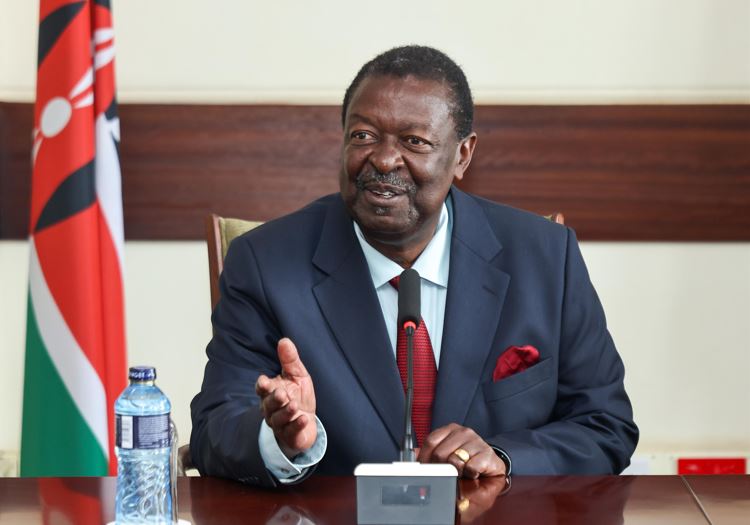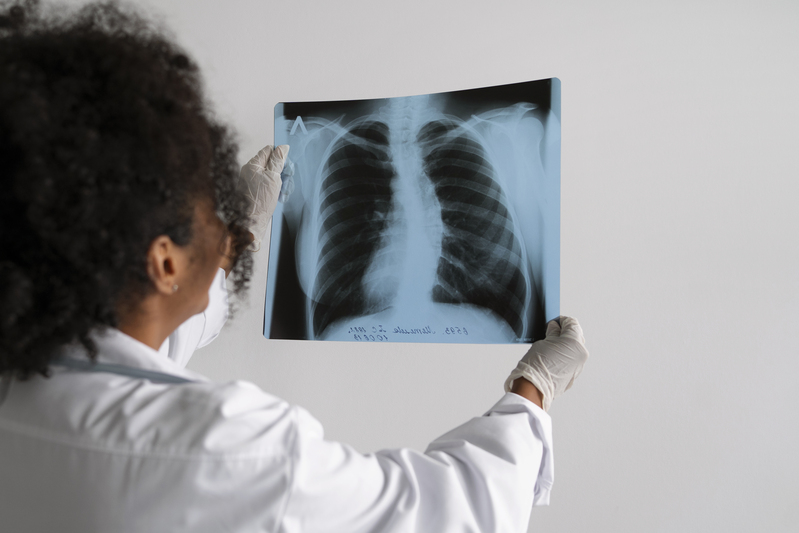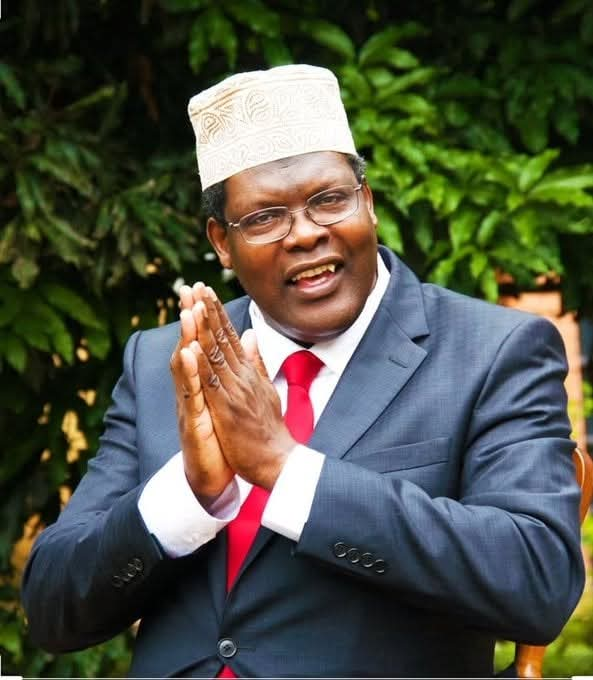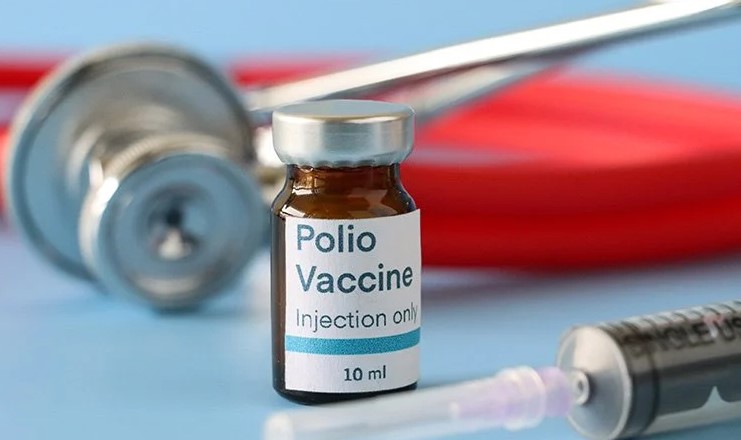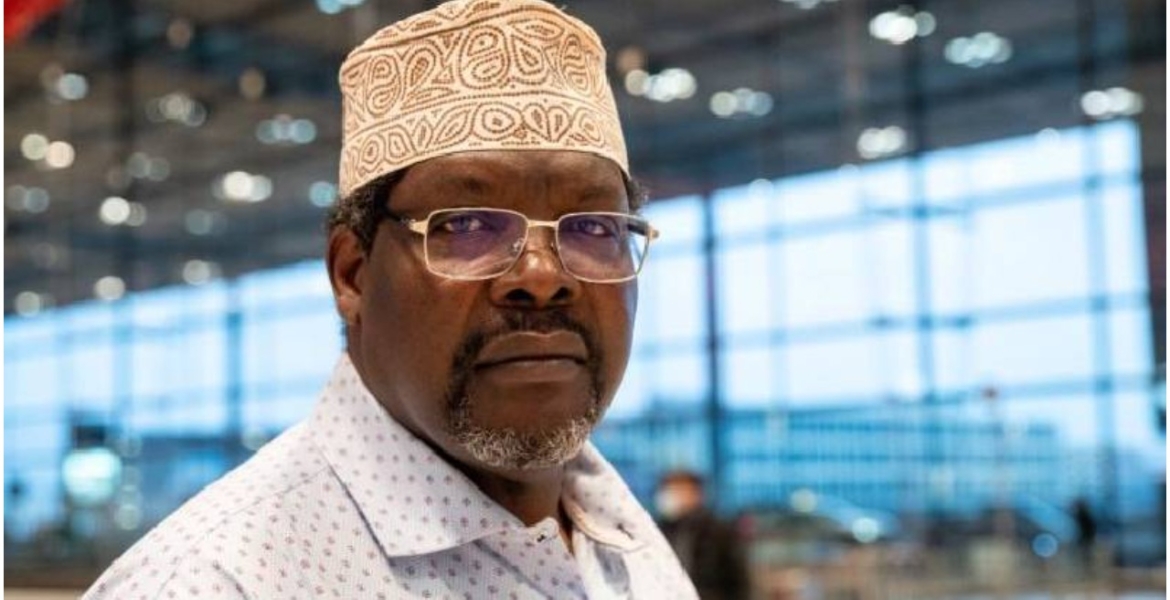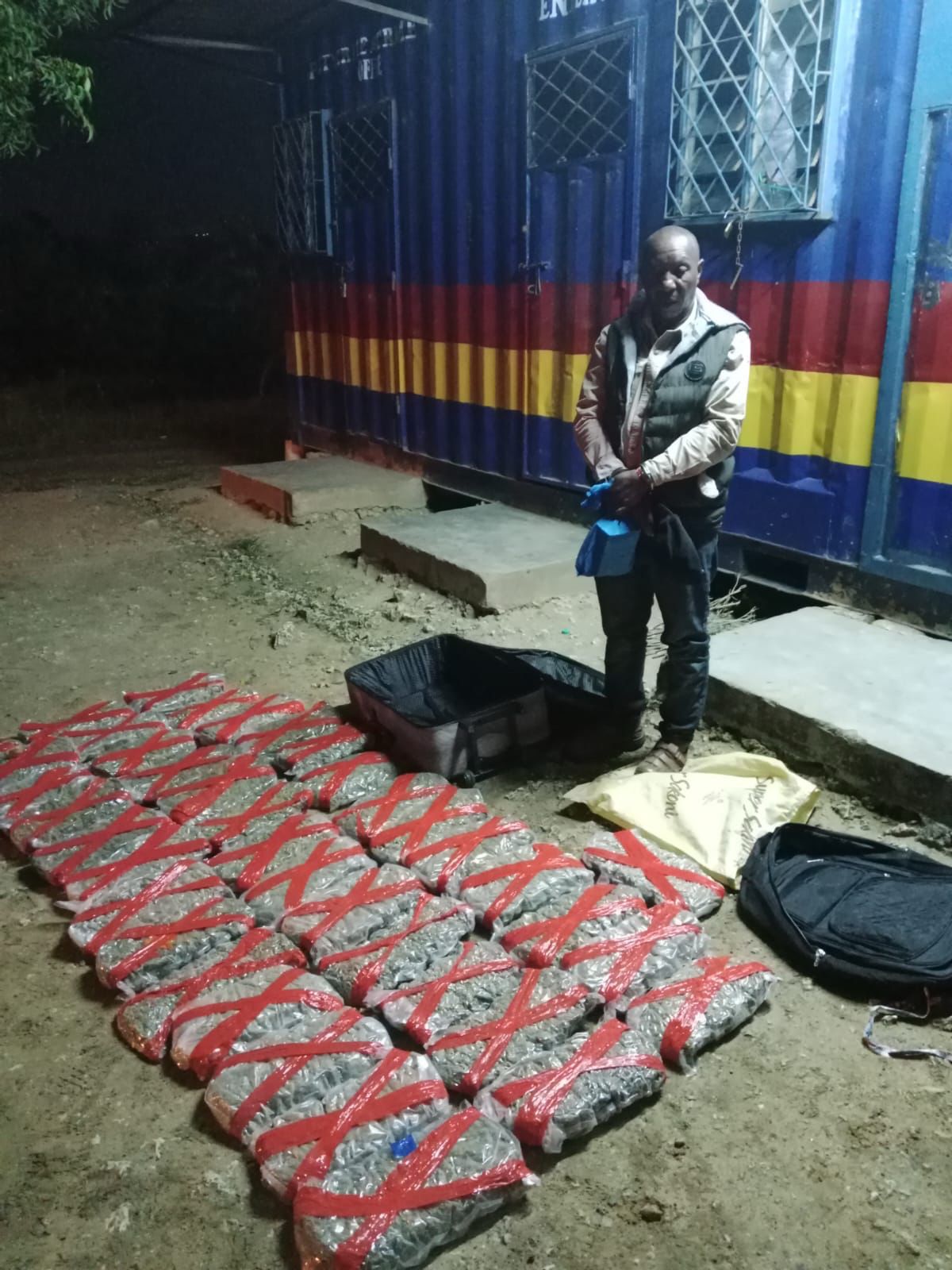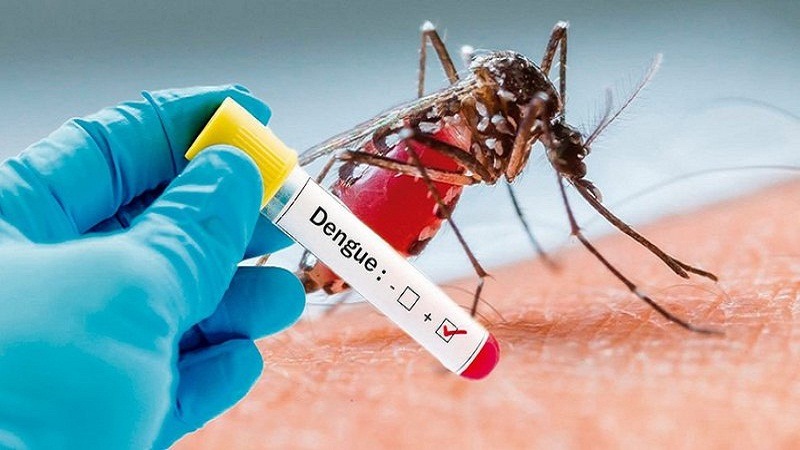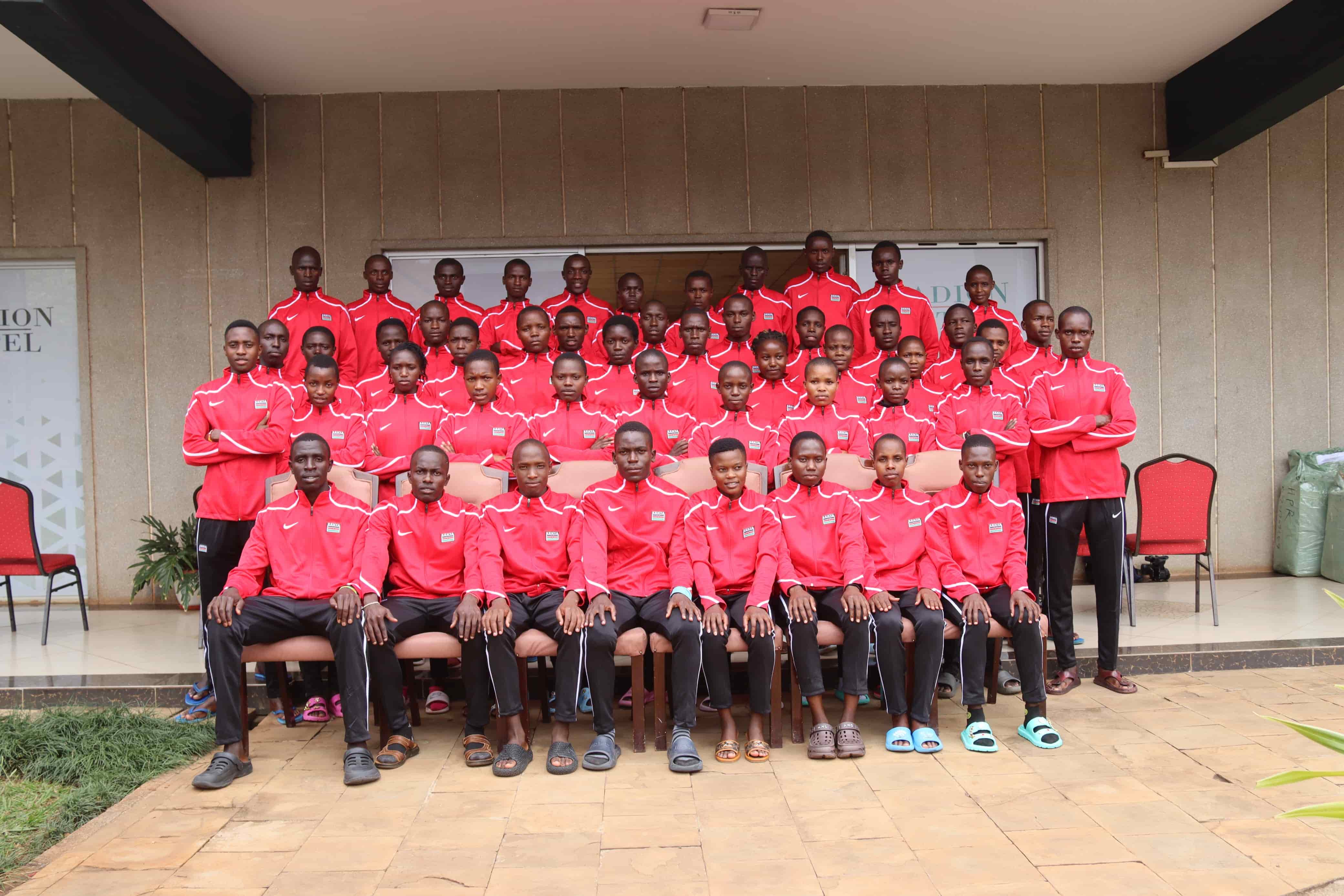Dedan Kimathi Day: National hero honoured as family demands to know burial site
Dedan Kimathi Day is marked on February 18 every year - the day when he was hanged at Kamiti Prison in Kiambu 67 years ago.
Calls for Kenya to appropriately honour freedom fighter Dedan Kimathi, and for a fight against neo-colonialism took centre stage on Sunday as family, activists and national leaders gathered to celebrate the freedom fighter.
Dedan Kimathi Day is marked on February 18 every year - the day when he was hanged at Kamiti Prison in Kiambu 67 years ago.
More To Read
- Ngũgĩ wa Thiong’o would have cheered Gen Z’s push for reform - Kamukunji MP Yusuf Hassan
- Japanese Embassy officials tour Kamukunji, praise local innovation and enterprise
- Ex-CJ David Maraga rubbishes 'Ruto project' tag, denies eying AG role
- Over 10,000 students in Kamukunji receive bursaries worth Sh71.5 million
- Tears flow as Kamukunji MP Yusuf Hassan recalls life in exile, activism struggles with Ngũgĩ wa Thiong’o
- Why I am best suited to lead Kenya - former CJ David Maraga
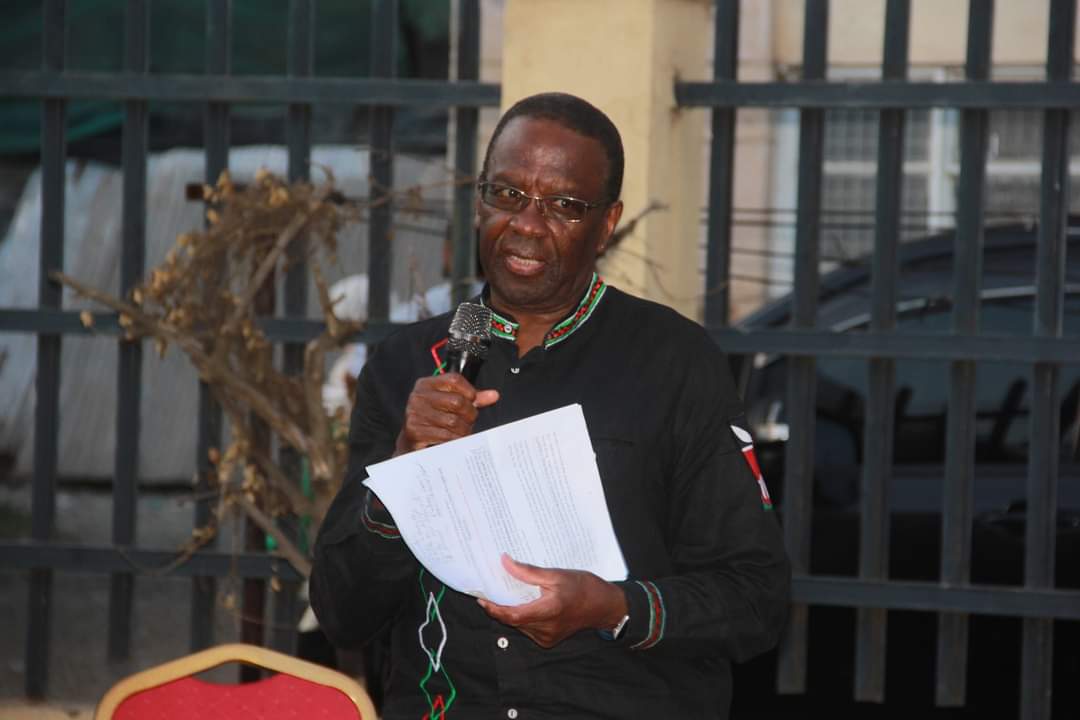 Former Chief Justice Willy Mutunga addresses an event to mark Dedan Kimathi Day in Eastleigh, Nairobi, on February 18, 2024. (Photo: Abdirahman Khalif)
Former Chief Justice Willy Mutunga addresses an event to mark Dedan Kimathi Day in Eastleigh, Nairobi, on February 18, 2024. (Photo: Abdirahman Khalif)
The event at the California ICT Centre in Eastleigh was characterised by spirited renditions of freedom songs, captivating the enthralled audience throughout the day.
Speakers representing various progressive movements impassioned the crowd with stirring speeches, recounting the arduous history of the independence struggle. They emphasized the imperative of perpetuating the flame of resistance against contemporary challenges facing the nation.
Guests included Kimathi's daughter Evelyn, former Chief Justice Willy Mutunga, former Makueni Governor Kivutha Kibwana, Kamukunji MP Yusuf Hassan, Communist Party of Kenya (CPK) Vice Chairman Booker Omole Ngesa, and Sefu Sani of the CPK Women's League.
Evelyn said the family wanted to know where Kimathi was buried.
"Enough is enough. We've waited way too long," she said. "Kimathi went to Burma (present-day Myanmar) and assisted the British in the war against the Germans. It's disheartening that he had to plead for his life 12 years later from the person he fought for."
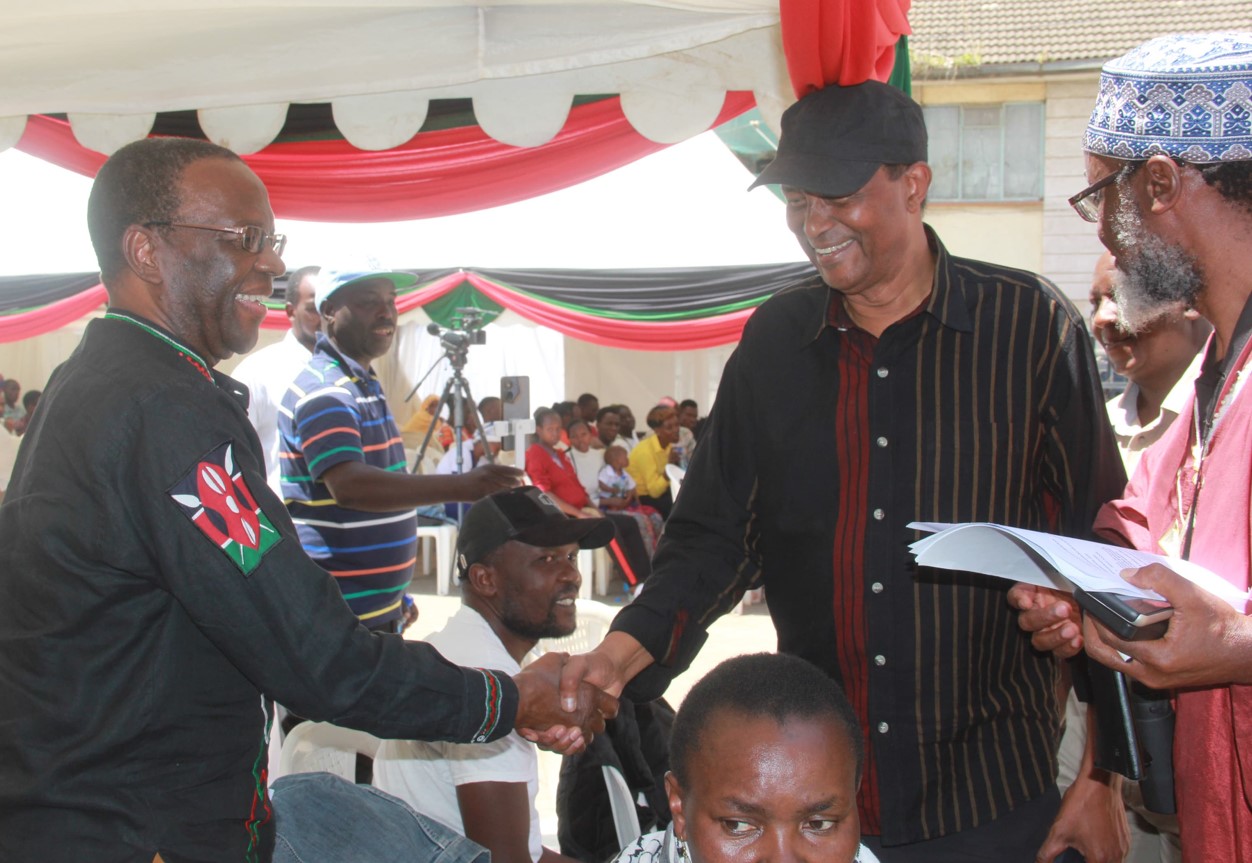 Former Chief Justice Willy Mutunga and Kamukunji MP Yusuf Hassan during an event in Eastleigh, Nairobi, on February 18, 2024, to mark Dedan Kimathi Day. (Photo: Abdirahman Khalif)
Former Chief Justice Willy Mutunga and Kamukunji MP Yusuf Hassan during an event in Eastleigh, Nairobi, on February 18, 2024, to mark Dedan Kimathi Day. (Photo: Abdirahman Khalif)
Each speaker paid homage to Dedan Kimathi, extolling his unwavering courage and sacrifice.
They vehemently condemned any resurgence of colonial ideologies, denouncing neo-colonialism as a threat to Kenya's sovereignty. In unified voices, they proclaimed their dedication to preserving the hard-won freedoms of the nation, vowing to resist any attempts to undermine Kenya's independence.
The speakers also talked about the importance of social justice, unity and collaboration across groups and movements in the fight for basic rights for the Kenyan public.
Mutunga advised the youth to unite and form a strong force for change, further emphasising the significance of learning from history and breaking free from neocolonial constraints.
MP Yusuf Hassan underscored Kamukunji's pivotal role in the fight for freedom, highlighting its significance as the birthplace of many movements advocating for workers' rights.
He remarked, "Most political parties that fought for freedom and workers' rights were formed here, even Harry Thuku lived in Kamukunji." This sentiment echoed the area's historical significance as a hub of political activism.
Yusuf guided the guests through the history of the revolutionary, freedom fighter, patriot, and hero who fought British colonial authority during the Mau Mau rebellion of the 1950s.
Questions on Kenyans' minds include why successive governments have failed to find his burial site and give him a heroic burial, and whether the colonial government can reveal information in official documents.
Yusuf emphasised the need to celebrate Kimathi and others' sacrifices in the fight for freedom. He also highlighted the importance of Kenya's second liberation and the ongoing battle for basic freedoms.
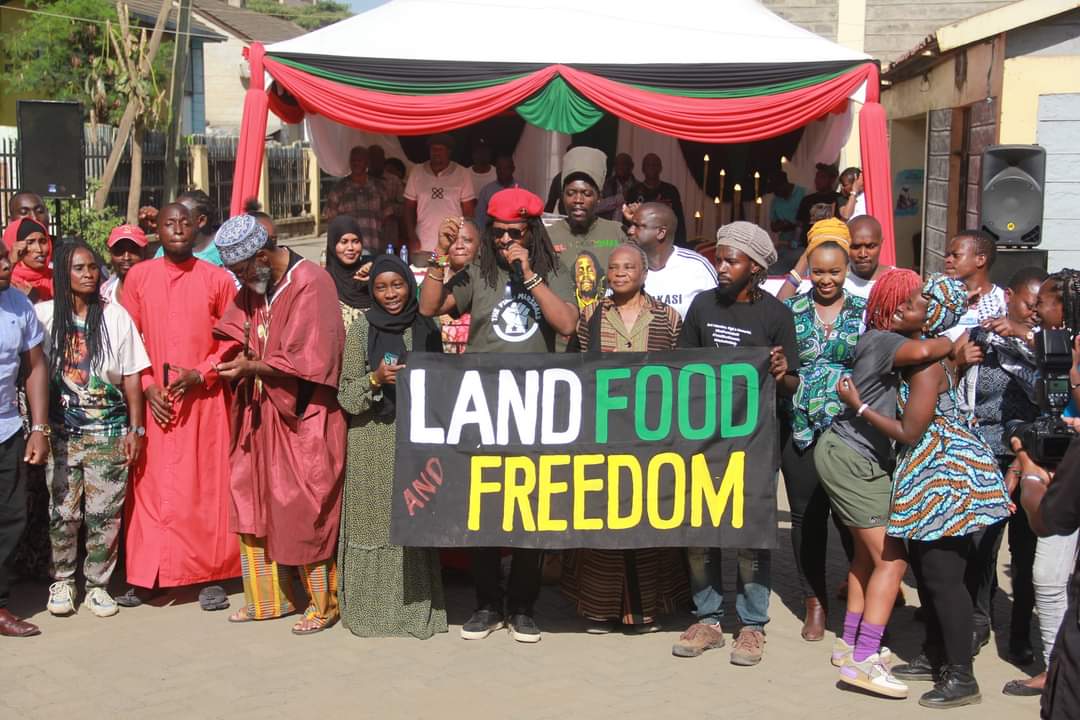 Grassroots activists from various parts of Kenya attend an event to mark Dedan Kimathi Day in Eastleigh, Nairobi, on February 18, 2024. (Photo: Abdirahman Khalif)
Grassroots activists from various parts of Kenya attend an event to mark Dedan Kimathi Day in Eastleigh, Nairobi, on February 18, 2024. (Photo: Abdirahman Khalif)
Naomi Barasa, representing a group that supports Kenya-Palestine solidarity, said history must always be included in schools' curricula to keep the memory of freedom fighters and other key figures alive.
Barasa criticised the current education system saying it lacks this element.
"We need to break the neocolonial chains," she said. "During the second liberation, we pushed for changes in the curricula. Our story does not revolve around Mr and Mrs Kamau carrying Tom and Mary on their backs. This is a distorted story. It is not our story. We need our own story. We cannot have a liberated curriculum without history."
She also quoted musician Bob Marley who said, "You can't know where you are going if you don't know where you are coming from."
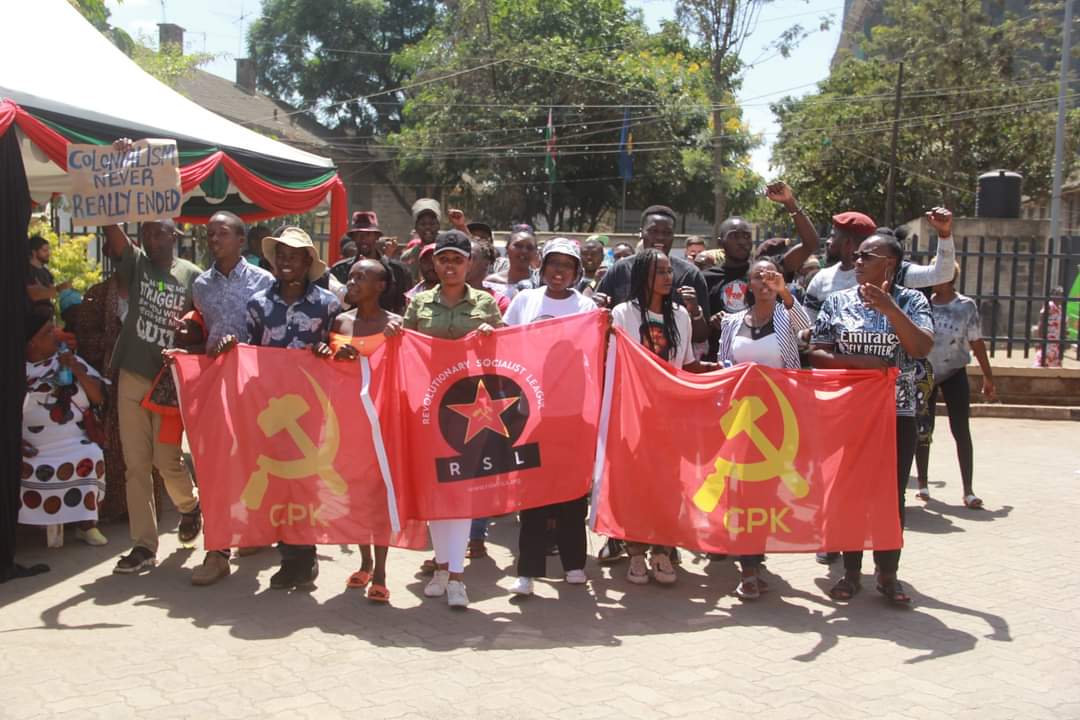 Activists from the Communist Party of Kenya and the Revolutionary Socialist League march in Eastleigh, Nairobi, on February 18, 2024, during an event to mark Dedan Kimathi Day. (Photo: Abdirahman Khalif)
Activists from the Communist Party of Kenya and the Revolutionary Socialist League march in Eastleigh, Nairobi, on February 18, 2024, during an event to mark Dedan Kimathi Day. (Photo: Abdirahman Khalif)
Among the other activists at the event were Lewis Maghanga, Alamin Kimathi, Wahu Kaara, Charles Kibaik, and Mukoma Ngugi.
Maghanga also spoke about liberation, saying the government cannot claim this without providing the public with basic services.
"We are not liberated if we are still dealing with concerns such as clean water, healthcare, sanitation, food access, proper education, and extrajudicial killings in the 21st century. These are some of the issues that Dedan Kimathi campaigned for," he said.
As the day drew to a close, the echoes of Dedan Kimathi's legacy reverberated across Kamukunji, serving as a poignant reminder of the sacrifices made by those who fought tirelessly for Kenya's independence. The event not only honoured a national hero but also reignited the collective resolve to safeguard hard-won freedoms for future generations.
For decades, Kimathi's family, relatives, and the Kenyan government have unsuccessfully appealed to the United Kingdom to uncover the whereabouts of his remains.
In his honour, facilities have been named after him, among them the Dedan Kimathi University of Technology and the Dedan Kimathi Stadium in Nyeri County, and Kimathi Street in Nairobi. Also in the Nairobi city centre is the Dedan Kimathi monument.
The event brought together 28 grassroots community groups and progressive organisations pushing for change in Kenya. It ended with liberation anthems and demands for continuous activism to create political consciousness and advocate for societal reforms.
Top Stories Today
